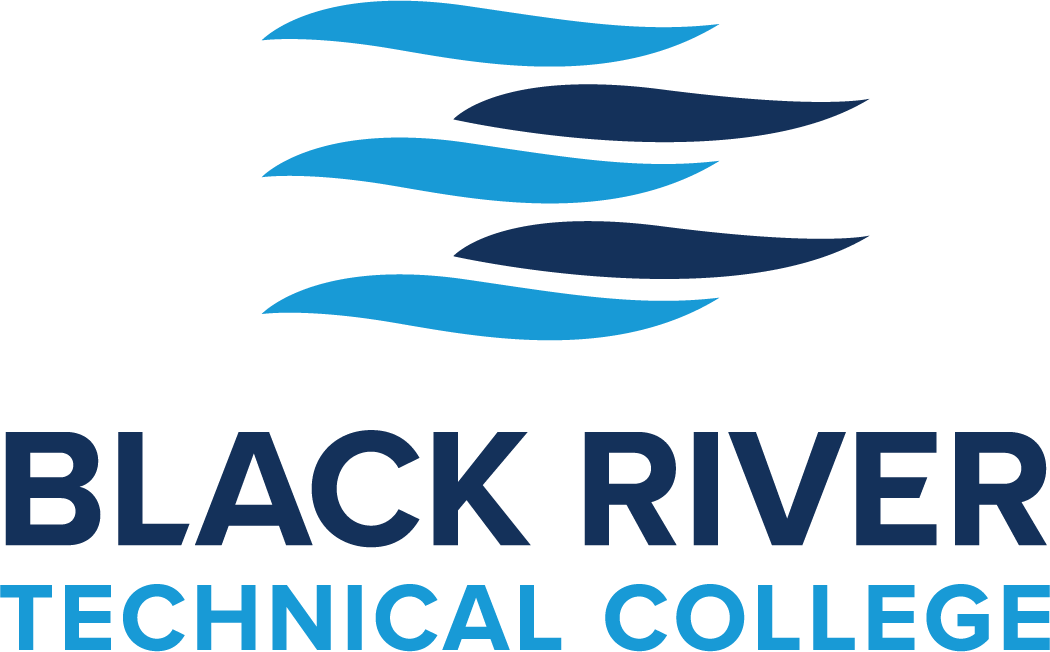Copyright & Fair Use
Black River Technical College aims to abide by the highest standards of academic honesty and the ethical use of information. The following is offered as a guide to our faculty and students in determining the fair use of copyrighted information for academic purposes. It is offered only as a guide and should not be construed as legal advice or official policy. Intent is paramount in determining the ethical use of protected material so ultimately, compliance or violation of copyright law is an individual responsibility.
What is Copyright?
Copyright laws protect the rights of those who produce and/or distribute creative and intellectual property. Copyright protects works such as poetry, movies, CD-ROMs, video games, videos, plays, paintings, sheet music, recorded music performances, novels, software code, sculptures, photographs, choreography and architectural designs.
Copyright only protects fixed, original and creative expression, not the ideas or facts upon which the expression is based. For example, copyright may protect a series of particular photographs of Yellowstone National Park and/or the book they are published in but it does not protect the idea or concept of photographing a park. Likewise, copyright may protect the unique expression of facts in a particular book but it does not protect the facts themselves which can be utilized and expressed by others in their own words.
Generally, all works published in the United States prior to 1923 are considered to be in the public domain and not subject to copyright protection. Works published after 1923 are generally protected throughout the lifetime of the author and 70 years after his/her death. Anonymous or pseudonymous works are protected for 90-120 years depending on the publishing date.
Use of any copyrighted material requires written permission from the author and/or publisher prior to the reproduction or distribution of the material. Keep in mind this applies to the particular expression of ideas or facts recorded in a specific medium (book, CD, e-book, etc.) and not to the ideas or facts themselves. Exceptions to this rule include material that is in the public domain and fair use.
What is Fair Use?
Fair use is any copying and or distribution of copyrighted material done for a limited and transformative purpose, such as to comment upon, criticize, or parody a copyrighted work. The important word here is transformative and legal definitions of this term are ambiguous. It is generally conceded that the copying or reproduction of protected material for academic purposes is fair use, however, the reproduction of substantial portions of a work, such as in coursepacks, may be regarded as an infringement of copyright if it can be perceived as an attempt to avoid having to purchase the material.
This same guideline would apply to photocopying materials for research or study purposes. Normally, this would be considered fair use, however, if the portions copied are substantial enough to be perceived as an attempt to acquire the work without having to purchase it, it could qualify as infringement of copyright.
The Copyright Act at 17 U.S.C. 108 specifies that a library open to the public will not be liable for copyright infringement based upon a patron\’s unsupervised use of reproducing equipment located on its premises, provided that the copying equipment displays a notice that the making of a copy may be subject to the copyright law. The notice must be as follows:
NOTICE WARNING CONCERNING COPYRIGHT RESTRICTIONS
The copyright law of the United States Title 17, United States Code governs the making of photocopies or other reproductions of copyrighted material. Under certain conditions specified in the law, libraries and archives are authorized to furnish a photocopy or other reproduction. One of these specified conditions is that the photocopy or reproduction is not to be used for any purpose other than private study, scholarship, or research. If a user makes a request for, or later uses, a photocopy or reproduction for purposes in excess of fair use, that user may be liable for copyright infringement. This institution reserves the right to refuse to accept a copying order if, in its judgment, fulfillment of the order would involve violation of copyright law.
Faculty and students should feel free to use information provided by library services for academic purposes but they should also be careful to honor the right of authors and publishers to profit from their work by not abusing free access to materials and technologies to acquire or distribute protected works for personal use or without remuneration.
Still not Sure?
If you still have questions about what may or may not be copied legally or ethically, you may contact the library director for guidance.
